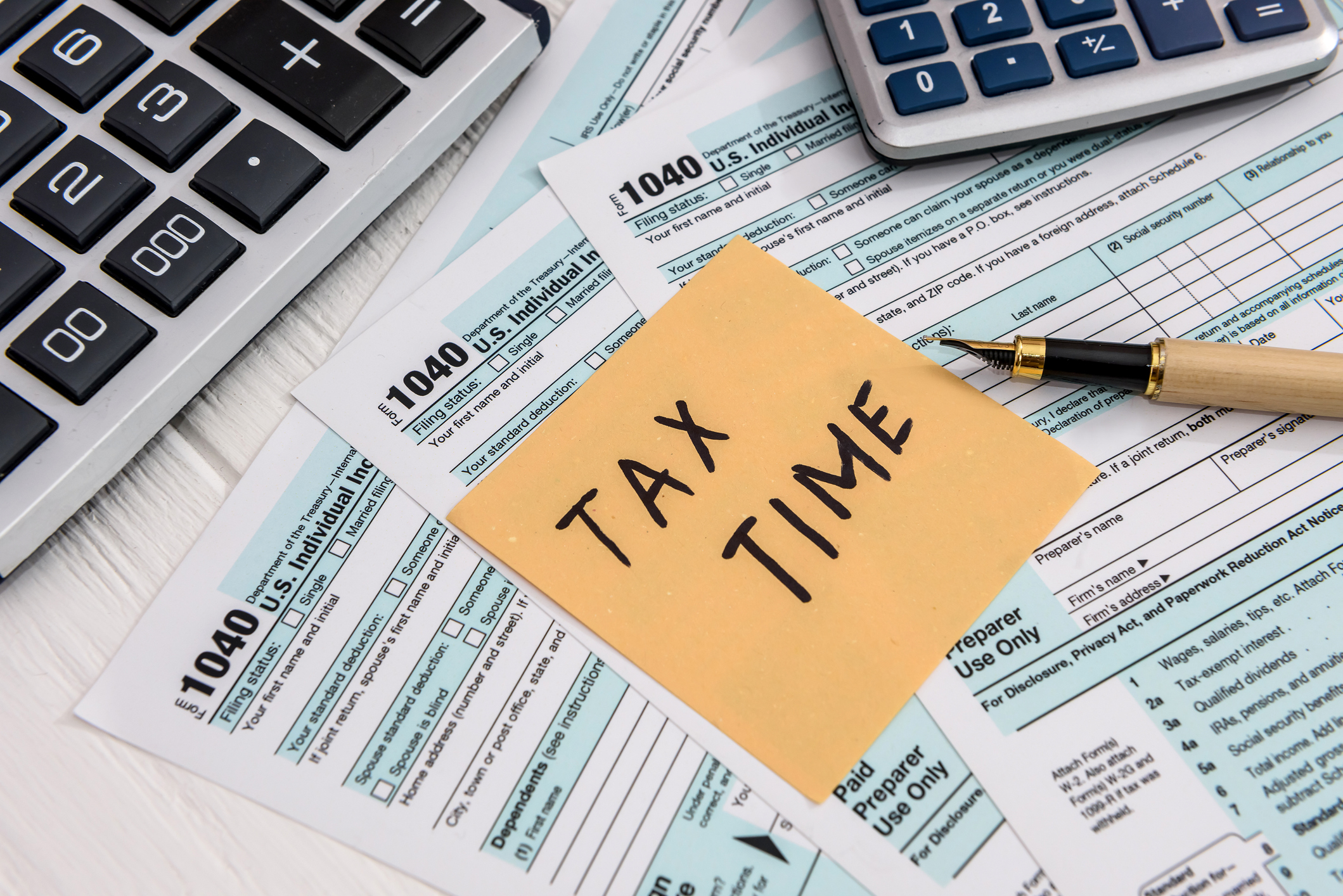
Business taxes are complicated, and any year can bring surprises for small business owners. However, with the sweeping economical impacts of the COVID-19 pandemic, many will want additional support when filing their 2020 taxes. Find out what to expect after this challenging year and how an experienced tax planner or business advisor could help ease the burden when you file.
According to the Small Business Administration at the U.S. Department of Treasury, more than 700,000 businesses received loans through the paycheck protection program, or PPP. These funds were crucial for employers hit hard by shutdown orders and consumer reticence, particularly in sectors such as restaurants, car dealerships, and medical offices.
Although the funds received through this program won’t increase your business earnings (they have been deemed non-taxable, even if the loan has been forgiven), they will reduce the expenses you will be able to deduct at tax time. The program was intended to cover payroll, mortgage interest, rent, and utility payments, so these costs will not be eligible as expenses this year. Claiming them would be considered double-dipping. Depending on how your company fared this year, this could result in a higher tax bill.
As of mid-November, the U.S. Department of Labor Statistics reports that more than 6.4 million Americans are receiving unemployment benefits, including the COVID-relief benefits intended to extend the duration of unemployment funding, such as PUA (Pandemic Unemployment Assistance), and PEUC (Pandemic Emergency Unemployment).
All of these benefits, as well as the CARES Act $600 weekly supplement, which ended in July, will be taxed at your ordinary income tax rate for 2020. In contrast, the CARES Act stimulus checks, one-time payments of up to $1,200 for eligible taxpayers, are not taxable.
You can apply to have your tax deducted from your unemployment benefits, send in voluntary payments based on an estimation of what your annual income will be, or wait until you’ve filed your taxes to pay the full amount.
Are you planning to offset your taxable benefits with some deductible business expenses? You may follow the adage, “empty your business account by 12/31”, but in some scenarios, it might not play out well.
First off, a business expense doesn’t save you a dollar for every dollar spent. If you deduct a dollar from your taxable income, your tax bill will only be reduced by the tax you owed on it. So, depending on your tax rate, a dollar spent on a business expense may only save you sixty cents. If you’re heading into a period where you expect your profits to be lean, it can be more beneficial to save that dollar for payroll and operating expenses.
Second, even if you are well-served by taking the expense, you need to make sure the purchase is legitimately deductible. Taking the cash as salary, distributing it to shareholders, or using it to pay down business debt are not considered deductible expenses. Make these moves when they make sense for your business, but don’t expect a tax reduction.
Finally, just because this is the last chance to claim an expense for this year, it doesn’t mean this is the best year to claim it. For example, if your earnings were relatively low this year, but you expect next year to be better, it might be more profitable to wait until the new year to make the purchase. Particularly if you expect next year’s earnings to bump you up to a higher tax bracket, delaying the cost can make a bigger difference if you time it wisely.
Whether you’re confused about how COVID relief programs will affect your taxes or need help to figure out how to manage and meet the obligations, an expert business tax planner can be your best ally.
Unlike a tax preparer, tax planners analyze your position within the changing tax environment and give you personalized advice to plan for the future. With specialities such as forecasting cash flow and understanding the impacts of your business structure, they can guide you to take the right action at the right time for the greatest benefit.
A tax planner helps you keep current on tax legislation so there are no surprises at tax time. Not only would they give you a heads up about the tax implications of programs like the PPP, but they would also help you adjust your activities throughout the year so you’ll be ready to pay the bill when it comes.
Working with a certified tax planner or business advisor throughout the year can also prevent you from missing tax-saving opportunities. For example, they might show you how to build a retirement plan into your business, or help you take advantage of the depreciation allowances for company vehicles and property. Their in-depth understanding of the tax rules that apply to your business can help you stay tax-efficient and resilient, even in challenging times.
If you have questions about your 2020 taxes and would like guidance from an experienced tax professional, contact us anytime to book a free consultation.
We’ll help you make sure you’re paying no more than your fair share of taxes and are always prepared for what lies ahead.